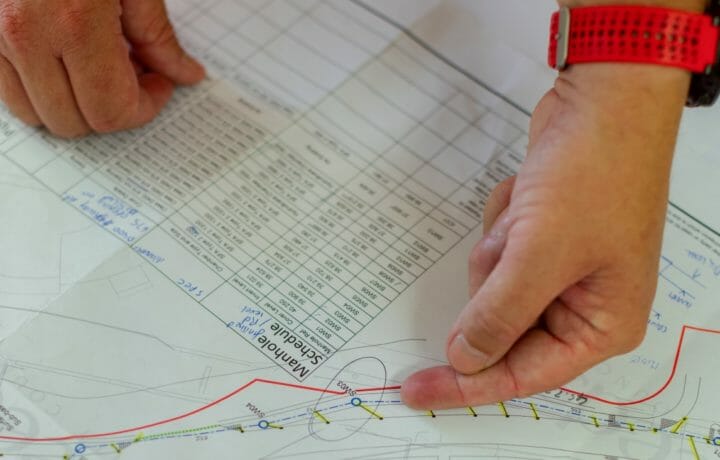With the New Year, come the Pentagon’s new concerns and the deployment of soldiers to some new locations. Following the Arab spring, African nations have gained more and more of the spotlight. With the events of Sept. 11 2012 in Benghazi and elsewhere on the continent, as well as widespread turmoil and security challenges, the need for change has left U.S. policy makers to determine what, if any role the U.S. military will have moving forward. Small teams from 2nd Brigade, 1st Infantry Division will be sent into as many as 35 African nations in the coming months.
Teams will be mentoring and guiding security forces within these states in how to handle the variety of security challenges that pose threat to their own peace and stability as well as our national interests and the security of the region. Limited to training and equipping the security forces with the necessary tools and skills needed to combat the challenges in their respective countries, the American teams will not be allowed to conduct military operations without the explicit approval of the Secretary of Defense.
Initiating the removal of organizations such as al-Qaida, Boko Haram and al-Shabab, all radical Islamic terrorist groups, will be of primary concern for U.S. teams in the region. Libya, Sudan, Niger, Algeria, Nigeria, Uganda and Kenya are all areas at risk for, or already dealing with a rise in extremism. With plans for over 100 types of military training exercises and activities continent-wide, the initiative will also focus on building the militaries of each state, combating piracy, shutting down drug and kidnapping trafficking as well as combating the insurgencies.
Reaching out across the branches, as well as the embassies and professional organizations with expertise pertaining to these African states, the Army is searching for experts on the African countries in question, in order to make these operations not only more efficient but more effective.
The different teams will be designated to specific regions to meet the need of each country, but as the head of Army Forces Command, and possible next head of Stuttgart-based AFRICOM, Gen. David Rodriguez said “The challenge we have is to always understand the system in their country, We’re not there to show them our system, we’re there to make their system work: Here is what their army looks like, and here is what we need to prepare them to do,” Adding that the initiative will be carried out with “a very small footprint to get the high payoff.”
Troy is an Army brat and the father of combat medic. He is also a retired Infantry Senior NCO with multiple combat tours, in addition to several stateside deployments. Troy retired from the Army and has worked in Information Technology consulting and as a contractor for the U.S. Army. He serves on several task-forces and enjoys working with soldiers every day. Troy is also a recognized and multiple-award winning military blogger who writes at www.bouhammer.com, and a familiar person in many social media circles.




